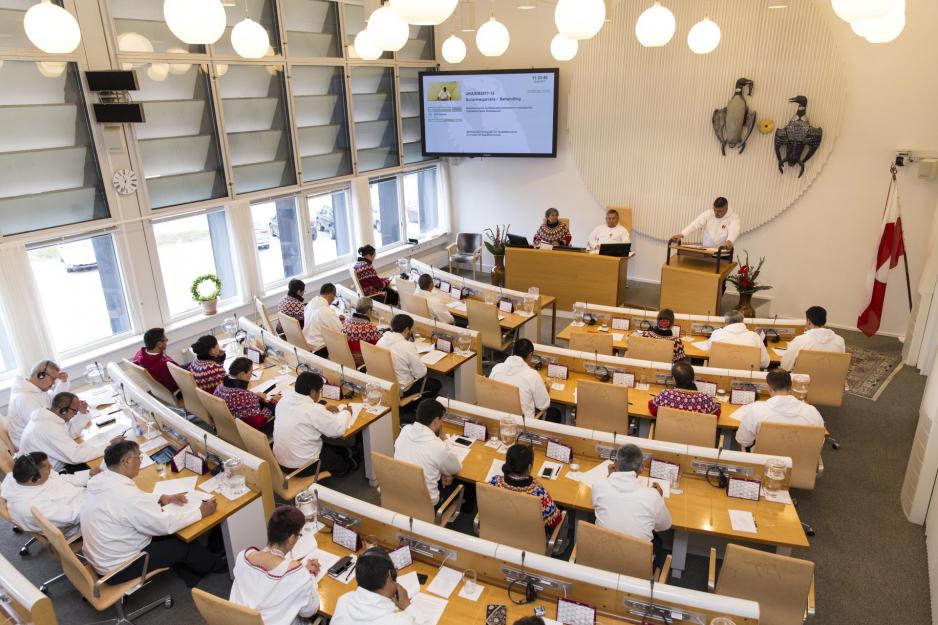Greenland edges towards early election as government fails to secure majority
The premier says he will remain in office until the national assembly forces him to hold an election.

Greenland has moved a step closer to early elections after negotiations that would have allowed that country’s governing coalition to regain its majority concluded on Tuesday without any result.
“We’ve reached out, but to no avail,” Erik Jensen, the chair of Siumut, the largest party in the national assembly, said during a press conference on Friday. “That’s unfortunate, but the situation after talking to all the other parties is that all of them have said they won’t join us. The result is that we continue as a minority government.”
Siumut lost its majority coalition in Inatsisartut on Monday when Demokraatit withdrew from what had been a three-party coalition, citing uncertainty over the party’s direction after a leadership challenge in November that saw Jensen wrest leadership of the party from Kim Kielsen, the premier.
[Greenland’s premier loses majority ahead of new legislative session]
Typically, the premier is also chair of their party. And while Jensen has ambitions of becoming the country’s leader, he can only do so if Kielsen voluntarily steps aside — which he has so far refused to do — or is forced to hold an election that Siumut wins.
“We had hoped we wouldn’t need to hold an election during the corona pandemic,” Jensen said.
He made it clear, however, that the choice of what to do next was up to Kielsen.
With the failure of negotiations to form a new majority, Kielsen’s only two options are to seek to continue governing while only controlling 11 of Inatsisartut’s 31 seats, a situation that would require him to negotiate a new majority for each item of legislation, or call an early election when the assembly gathers for its winter session next week.
Speaking to broadcaster KNR on Tuesday, Kielsen said that he did not plan to leave office voluntarily.
“We’re a minority coalition now, so it’s up to Inatsisartut to take the next step,” he said.
[A new supermajority coalition will govern Greenland]
Kielsen, who has held the premiership since 2014, has during his term in office been criticized for his leadership style and, in October, narrowly avoided a vote of no confidence amid allegations of conflict of interest.
IA, the second largest party in Inatsisartut, declined to enter into the coalition in the hopes it would force an election that would serve as a referendum on Kielsen’s leadership.
“We need to ask the people what they feel about a leader who hides, is aloof and who refuses to speak with the people,” Aqqaluaq B. Egede, the IA vice-chair said.